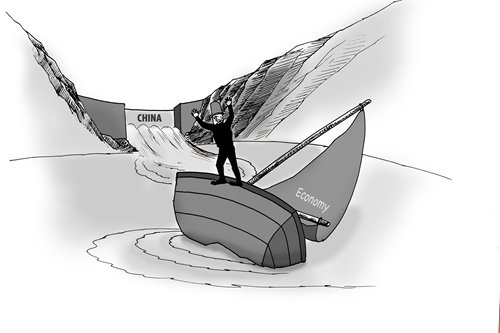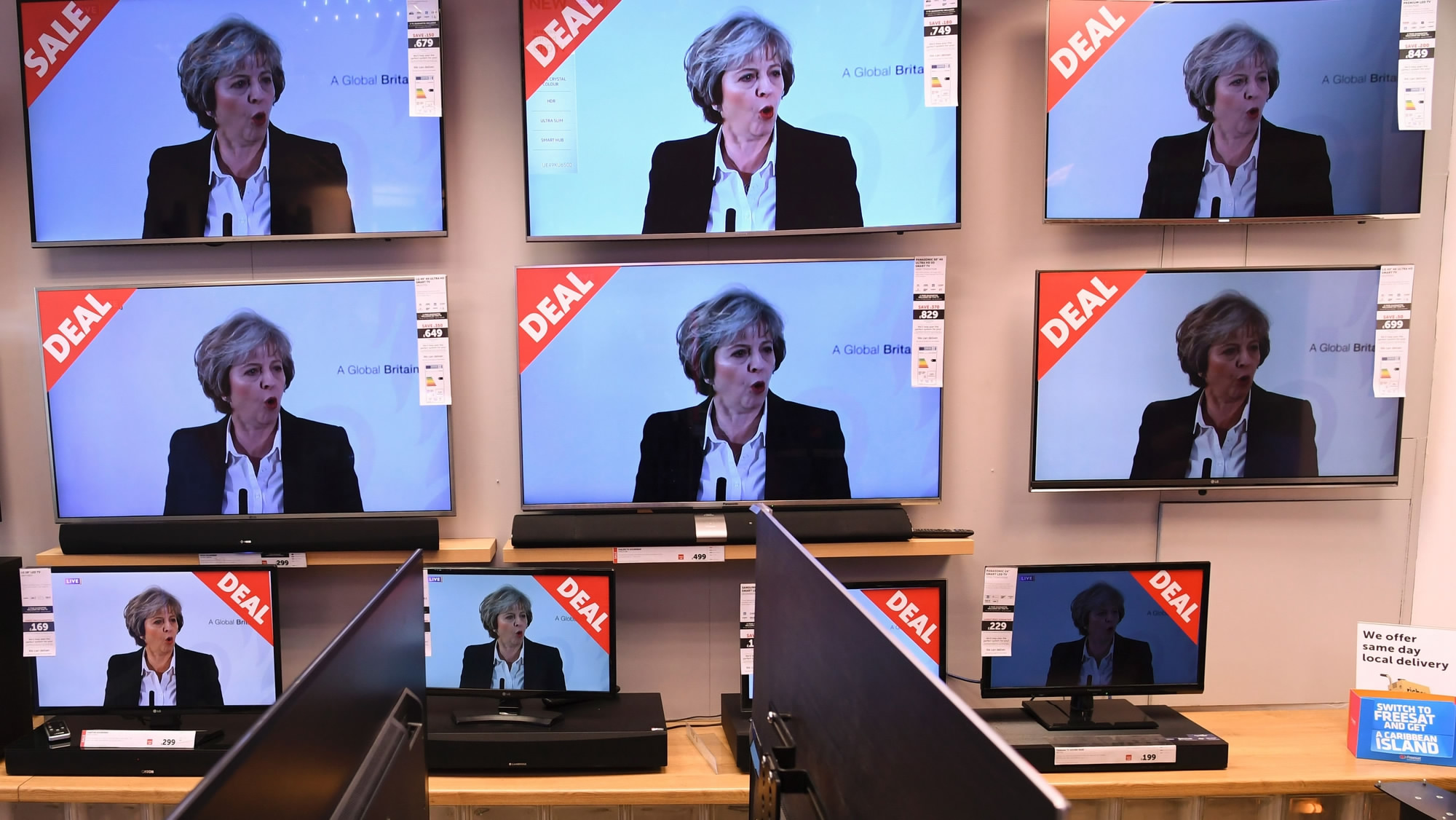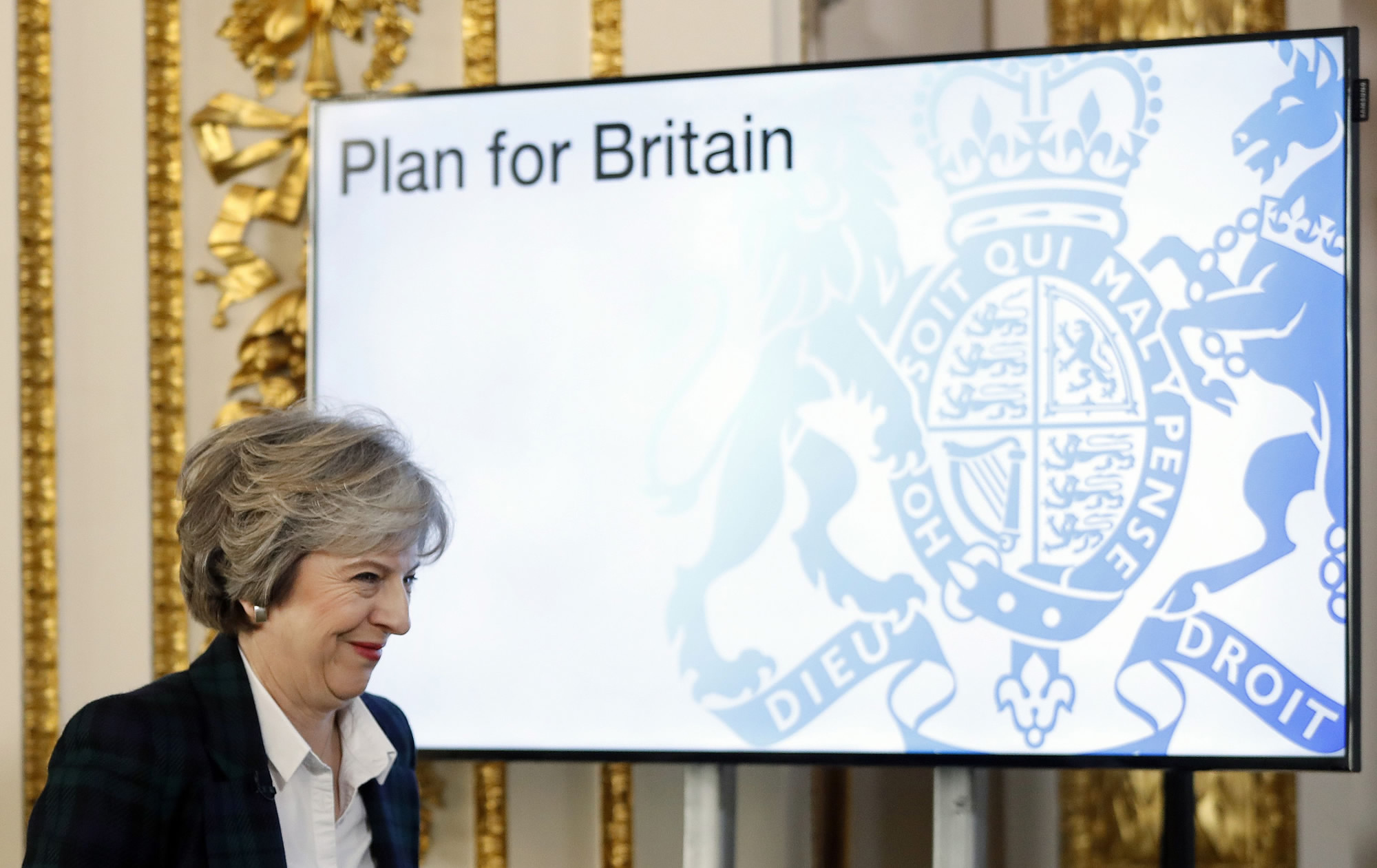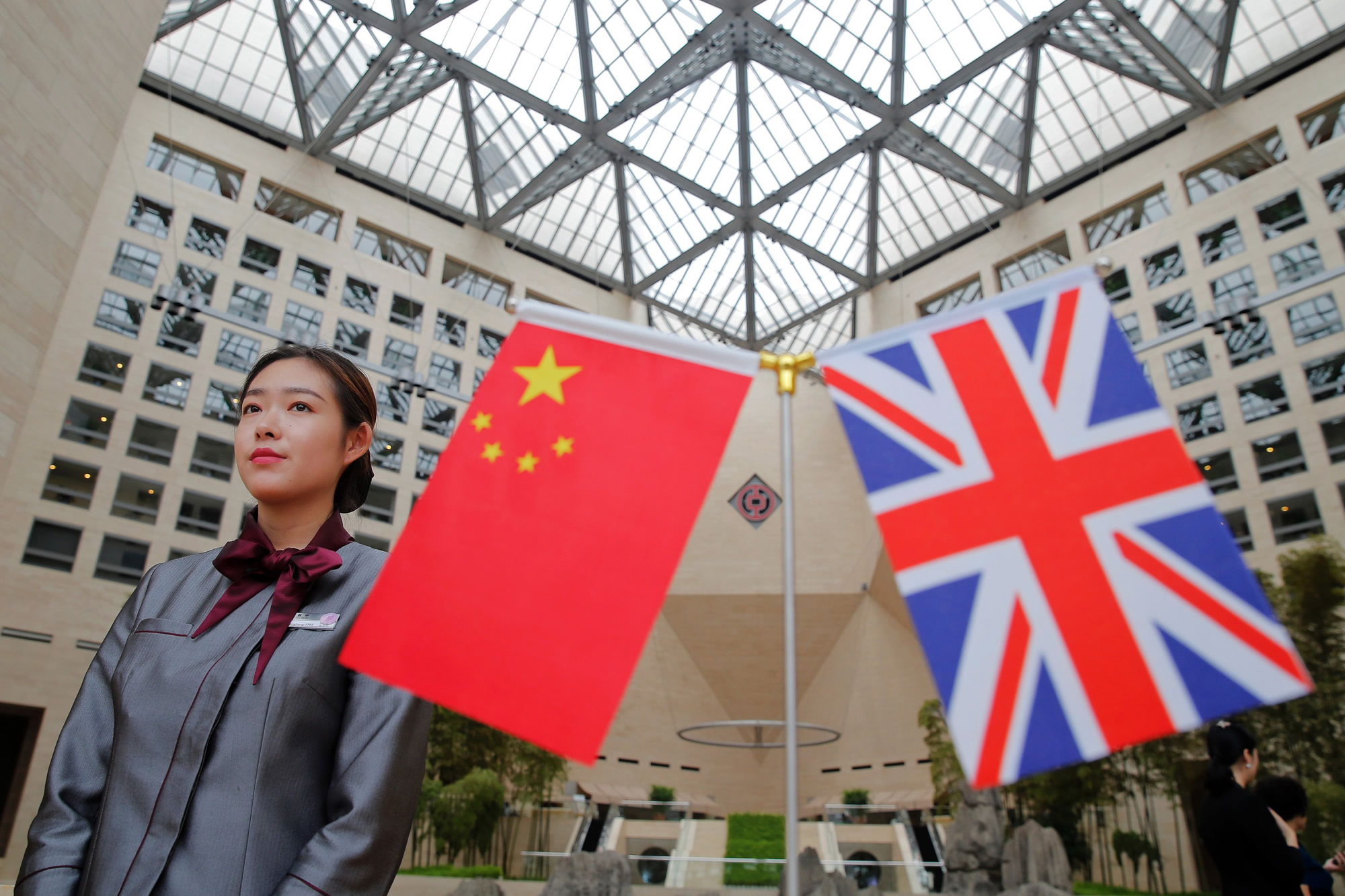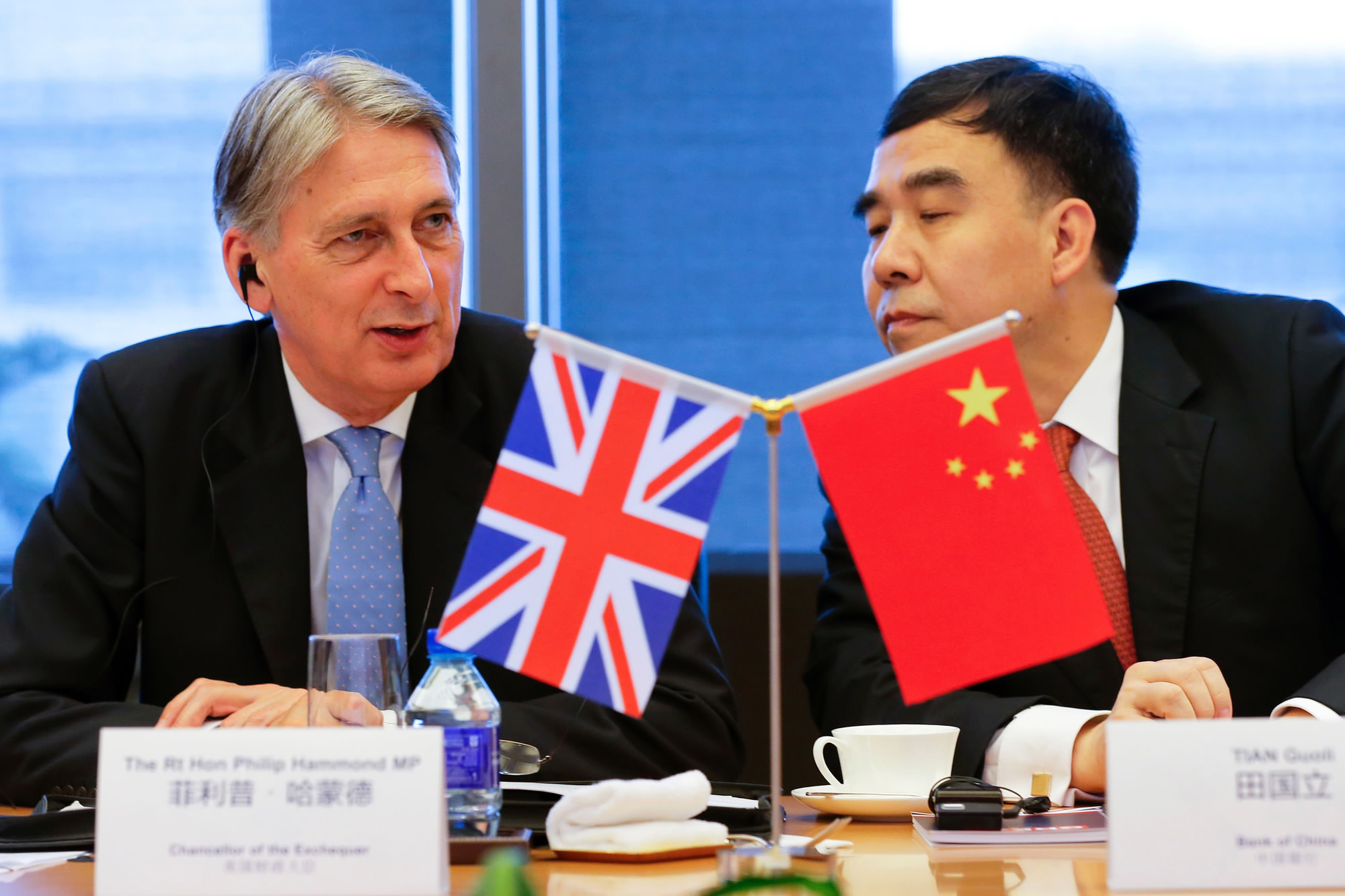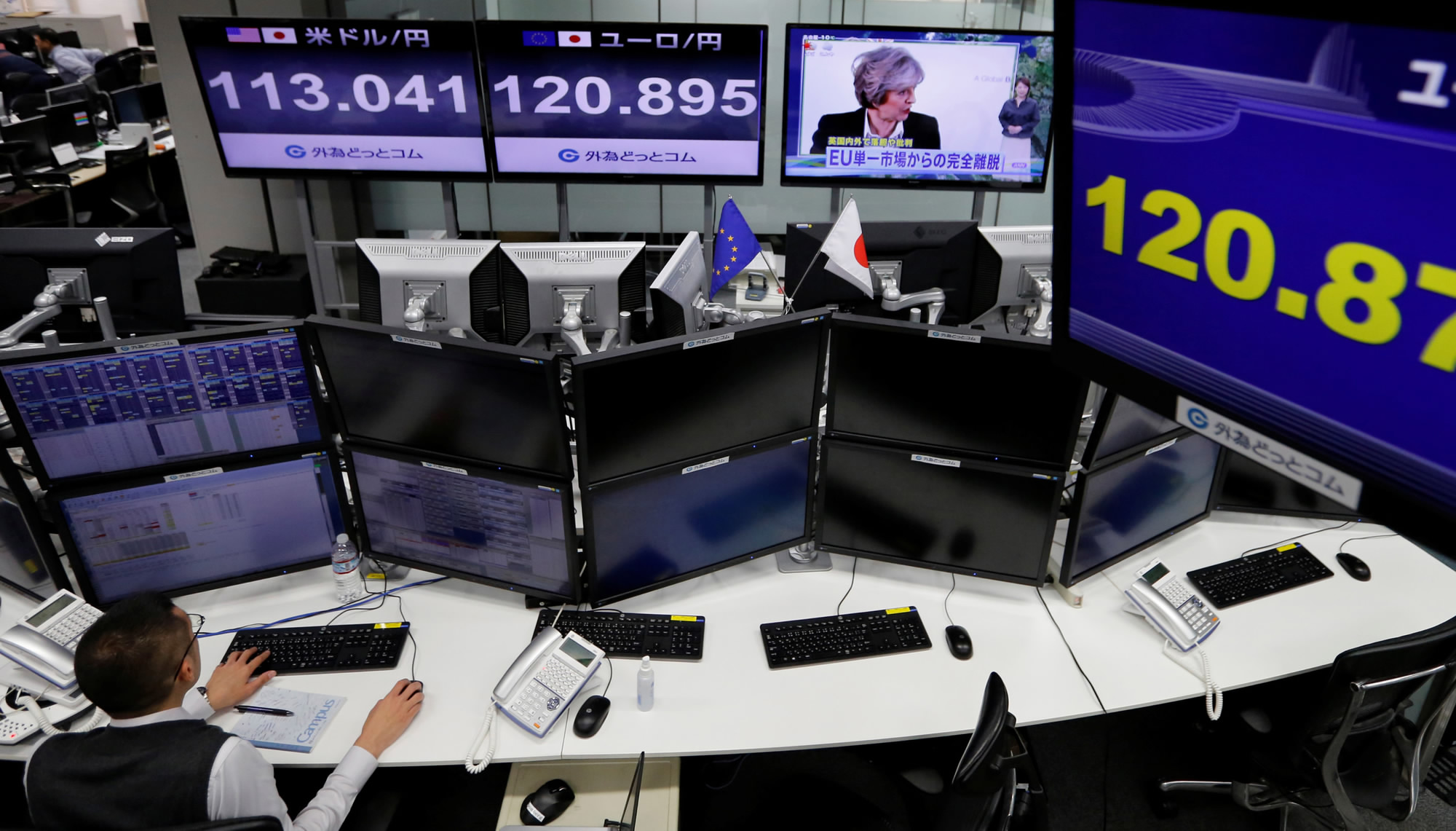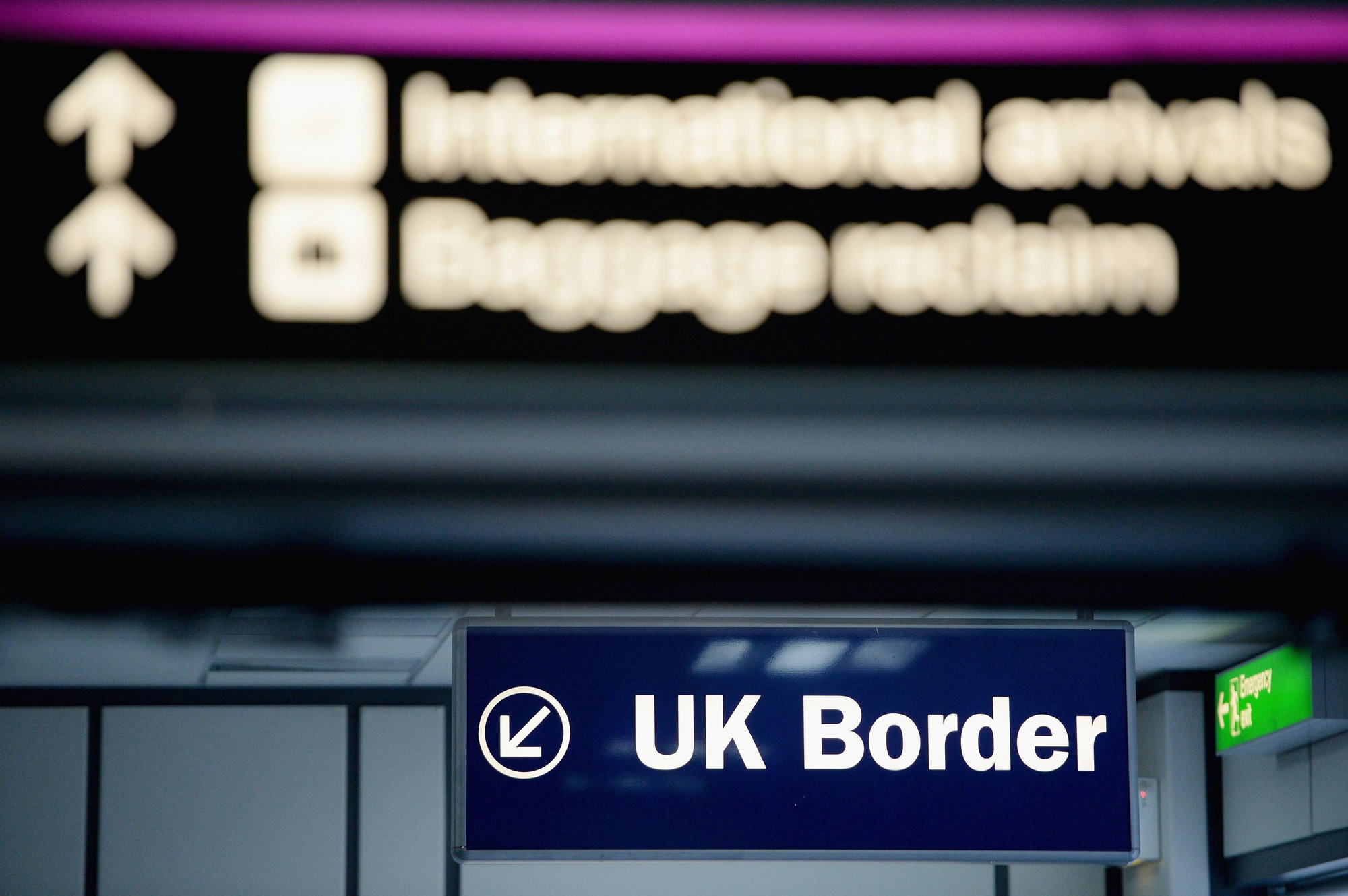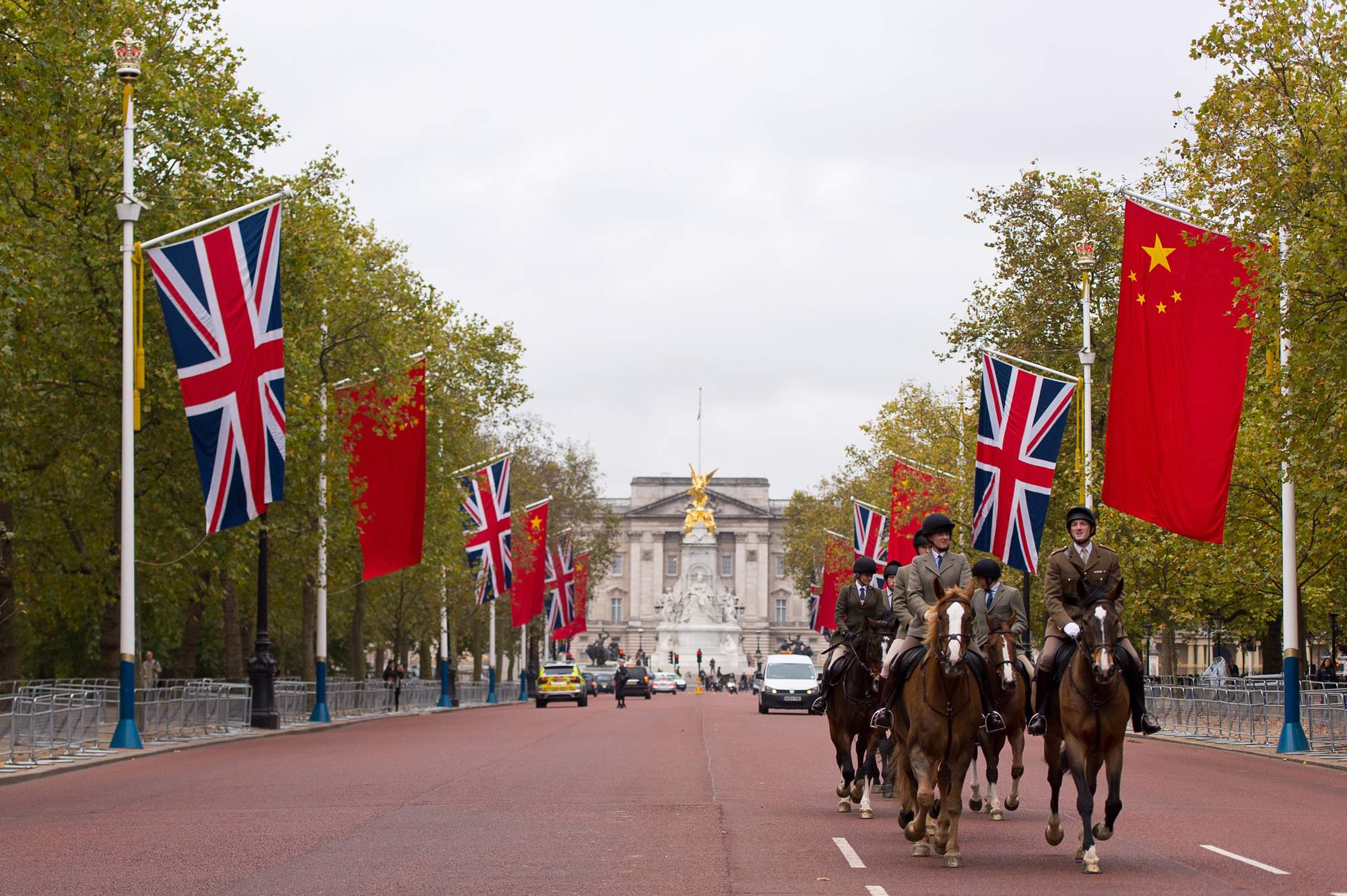TaiShang
ELITE MEMBER

- Joined
- Apr 30, 2014
- Messages
- 27,848
- Reaction score
- 70
- Country
- Location
Xi's visit to Switzerland to have stabilizing effect on Europe, world
Xinhua, January 15, 2017
Swiss President Doris Leuthard said Thursday that the upcoming visit of Chinese President Xi Jinping will have a stabilizing effect on both Europe and the world in light of the many changes and challenges affecting the international landscape.
"I think there are different expectations, (and) it will be a very important visit for the whole of Europe and perhaps with some elements that have worldwide recognitions," Leuthard told Xinhua in an interview.
"As you know we are in a difficult situation ... I think China can use this situation to show its world power status and how it can be a factor of stability," she added.
She was referring to the changes of governments which have already taken place or could take place in some big powers of the world, as well as lingering tensions in several country-to-country relations.
Switzerland was among the first European countries to recognize China's market economy status, the first Western countries to establish diplomatic relationship with the People's Republic of China, said Leuthard.
She attributed the development of bilateral relations to the trust and confidence between Berne and Beijing, as well as the fruits of many years of discussions, meetings and mutual understanding.
This bilateral relationship will be reinforced by Xi's visit, and new space will be opened for cooperation for the ties to move up a new ladder, said Leuthard, who has been at the helm of the Swiss government since the beginning of the year.
"There is an expectation on the bilateral level, (and) we will sign quite a lot of new agreements and in so doing enlarge our fields of cooperation," she explained.
Xi will pay a state visit to Switzerland from Jan. 15 to Jan. 18, at the invitation of the Federal Council of Switzerland.
During the visit, Xi will attend the 47th World Economic Forum (WEF) annual meeting on Jan. 17, at the invitation of WEF founder and Executive Chairman Klaus Schwab.
He will also visit the United Nations Office at Geneva and the World Health Organization (WHO), as well as the International Olympics Committee (IOC) headquarters in Lausanne on Jan. 18, at the invitation of UN Secretary-General Antonio Guterres, WHO Director-General Margaret Chan, and IOC President Thomas Bach.
Xinhua, January 15, 2017
Swiss President Doris Leuthard said Thursday that the upcoming visit of Chinese President Xi Jinping will have a stabilizing effect on both Europe and the world in light of the many changes and challenges affecting the international landscape.
"I think there are different expectations, (and) it will be a very important visit for the whole of Europe and perhaps with some elements that have worldwide recognitions," Leuthard told Xinhua in an interview.
"As you know we are in a difficult situation ... I think China can use this situation to show its world power status and how it can be a factor of stability," she added.
She was referring to the changes of governments which have already taken place or could take place in some big powers of the world, as well as lingering tensions in several country-to-country relations.
Switzerland was among the first European countries to recognize China's market economy status, the first Western countries to establish diplomatic relationship with the People's Republic of China, said Leuthard.
She attributed the development of bilateral relations to the trust and confidence between Berne and Beijing, as well as the fruits of many years of discussions, meetings and mutual understanding.
This bilateral relationship will be reinforced by Xi's visit, and new space will be opened for cooperation for the ties to move up a new ladder, said Leuthard, who has been at the helm of the Swiss government since the beginning of the year.
"There is an expectation on the bilateral level, (and) we will sign quite a lot of new agreements and in so doing enlarge our fields of cooperation," she explained.
Xi will pay a state visit to Switzerland from Jan. 15 to Jan. 18, at the invitation of the Federal Council of Switzerland.
During the visit, Xi will attend the 47th World Economic Forum (WEF) annual meeting on Jan. 17, at the invitation of WEF founder and Executive Chairman Klaus Schwab.
He will also visit the United Nations Office at Geneva and the World Health Organization (WHO), as well as the International Olympics Committee (IOC) headquarters in Lausanne on Jan. 18, at the invitation of UN Secretary-General Antonio Guterres, WHO Director-General Margaret Chan, and IOC President Thomas Bach.



